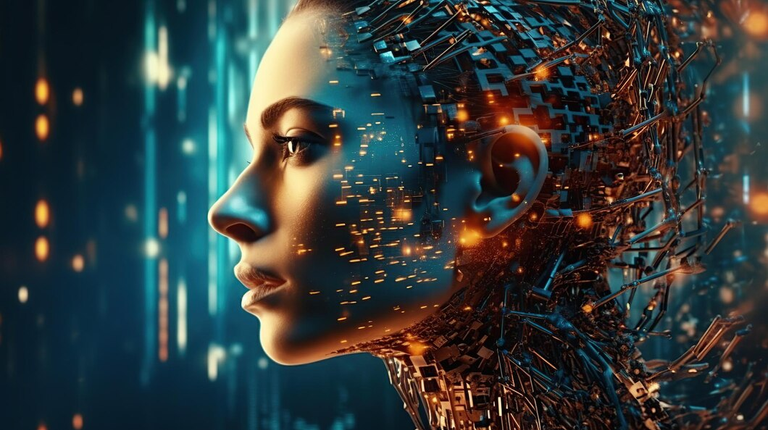THE ILLS OF MODERN TECH
In the realm of health woes, it's no longer just science making us sick; it's the relentless pressure of modern life, argues Dr. Gabor Maté. As his insights from 2023 continue to resonate, it's time to ponder the implications of integrating generative artificial intelligence (AI) into our daily routines in 2024.
With half of English teens feeling digitally addicted and the U.S. health chief sounding the alarm on its health risks, the infiltration of generative AI into digital spaces threatens our basic hygiene, essential for maintaining well-being and preventing illness.
While Dr. Maté and AI might seem like an odd pairing – AI delves into the mechanics of the brain, while Dr. Maté delves into human mind-body interactions – contrasting their perspectives sheds light on our global crisis and the stress AI could add to the new "normal."
AI companies raised a whopping $27 billion in 2023, and now they need to deliver. With 49% of the global population heading to the polls in 2024, it's a nail-biting test for generative AI, cutting-edge technology, and democracy. Amidst the potential for stress, there's also room for support. As tech enthusiasts explore human-computer interactions for profit and power, voices like Dr. Maté's urge us to heed a vital lesson from medical history.
The medical profession has grappled with a phenomenon called iatrogenesis – when attempts to solve a problem only make it worse. Similarly, AI, in many ways, exacerbates societal issues like sexism, racism, economic fraud, and the climate crisis. But one overlooked danger, I argue, is its impact on our mental and physical hygiene.
Americans now spend more time-consuming digital media than they do sleeping, creating a collective dependence on technological gratification. Digital devices have become iatrogenic, harming us as we use them to enhance our lives. Generative AI compounds the problem, enticing us with digital delights that distract us from real-life experiences.
To me, every new AI product and service represents a choice about daily hygiene. What does "healthy" AI mean to you? What about your children or future generations? The cumulative effect of these individual choices will shape our collective behaviors in the 2020s and beyond.
If the last movement had a name, it wouldn't be Luddism. Instead, it speaks to our contemporary struggles with the burdens of technology on our weary bodies. AI Ethics, unfortunately, isn't the answer either. By confining AI to ethics, we limit our ability to imagine futures where AI is unnecessary or inferior to other solutions.
That brings us back to you and your daily life with AI. Just as ordinary people drove social change in past revolutions, we have the power to shape the future of AI. This counter-movement, which I call "decomputerization," is already taking shape in various forms – from limiting screen time to embracing analog experiences.
Ultimately, the battle between "digital first" and "nature first" will determine AI's impact on our world. As we navigate our daily decisions about technology use, we're shaping where automation is welcome and where it's not. In the end, AI's integration into our lives may be limited by the bounds of our mental and physical well-being – a connection that Dr. Maté's insights prioritize above all else.
